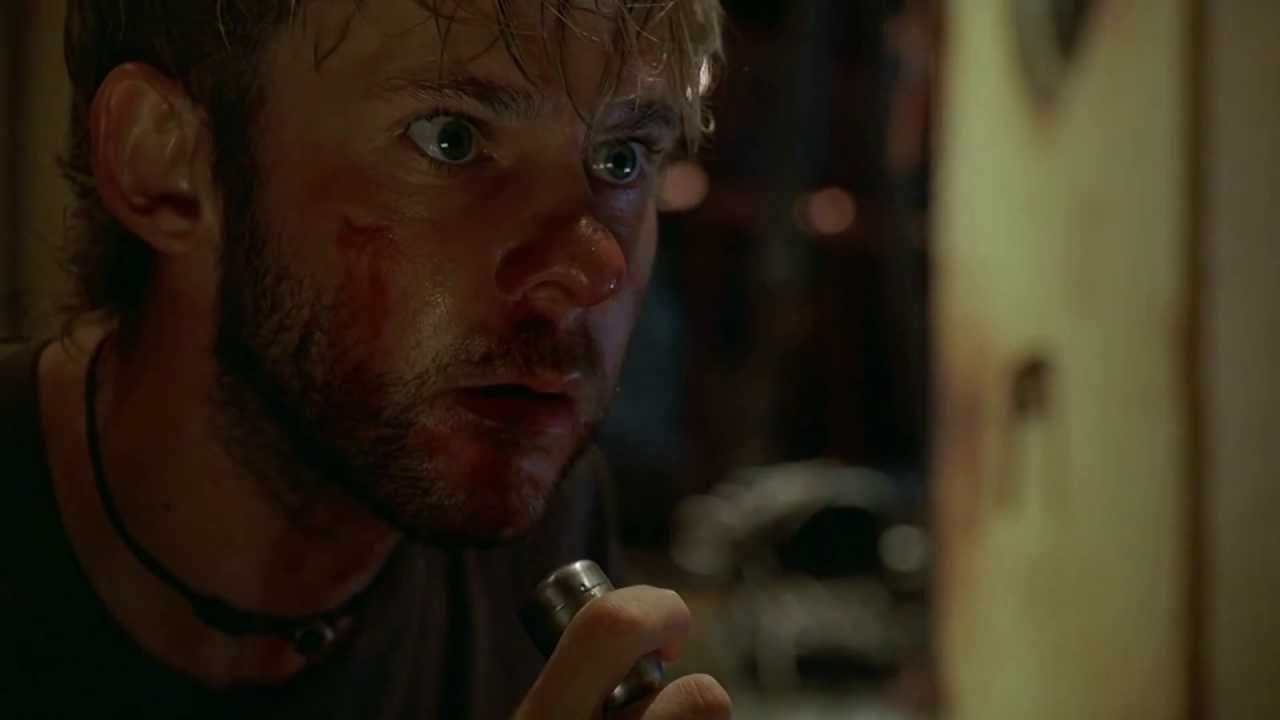Cheating Death: The Problem With Killing Off Popular Characters
By now, I’m willing to bet that even if you’re not a regular Family Guy viewer (I'm not either), you've heard about what happened on Sunday night’s episode “Life of Brian”. The show’s writers decided to kill off Brian Griffin, the intellectual, anthropomorphic dog who’s been a fixture of the series since it premiered in 1999.
As expected, the episode set off a flurry of reaction on social media, with some viewers claiming they’d never watch the show again. A petition to resurrect the character quickly followed on Change.org, and a Brian-focused Facebook group gathered over 380,000 members in the space of two days.
It’s entirely likely that Brian will be brought back to the series at some point – since the show is a cartoon, anything is possible. But the more interesting part of Brian’s death (however temporary it turns out to be) is that we’re once again talking about that tried-and-true device of screenwriters: killing off popular characters.
It’s a tactic I’ve wondered about over the years, as various beloved characters have bitten the dust on screen. On the surface, it often feels exploitative – deaths of major characters tend to occur in later seasons of TV shows, or in sequels of film series, and they sometimes come across as a way to shock the viewer and keep them engaged. The writer’s thought process seems to be, “Well, what can we do to shake things up? I know! Let’s kill someone off.”
Sometimes this works with audiences, and sometimes it doesn’t – it’s a bit of a lottery. In the case of Family Guy, which has been on the air for 12 seasons, the death of a major character isn’t really a shock – more of a feeble “Hey! Over here! Pay attention to us again!” Meanwhile, The Simpsons, that other animated institution, has gone so far as to announce the upcoming death of a major character months ahead of time.
By comparison, the death of a lead character on HBO’s Game of Thrones (in the finale of the first season), was a daring move. It was the last thing viewers expected (if they hadn't read the source novel). And despite the danger of losing viewers with that one narrative decision, the series has remained wildly popular.
That being said, Game of Thrones has since developed a bit of a bad reputation for overusing the “major death” tactic. People like to joke that they don’t bother forming emotional connections with the show’s characters anymore, because they know that the writers are likely to have the fan favourite’s head chopped off in the next episode.
And while those viewers are probably exaggerating, it begs the question: how much can a TV show or film series really get away with? When will the writers take it too far, and strip away everything (or everyone) that makes the production worth our time?
Even so, there’s certainly something to be said for having the guts to actually end something. It’s far too easy for writers to adhere to the status quo in a series, and find some way to keep the successful formula of a project intact. This is one of several reasons I’m not a fan of network TV. In an effort to make easy-to-consume entertainment, narrative complications like deaths are avoided or even reversed. As a viewer, I gravitate towards the stories that make me think, and I prefer characters whose survival isn’t assured, because it’s so much more gratifying when they do survive.
Weirdly, it seems that the true test of whether a fictional character’s death will enhance a series is based on a very real-life principle: is the death deserved? Does the decision to kill the character allow us to learn something about that person, or about the story, that we wouldn’t learn otherwise? Sure, characters can needlessly drop dead to shock us, but that can also bring desensitization – the killing blow for any piece of fiction.
-
What did you think of the revelation of Brian’s death on Family Guy? Do you think it will reinvigorate the show, or is it just a lame attempt to get people talking about the series? Does it remind you of other high-profile deaths on screen? Join the discussion in the comments section, and if you liked this post, share it with your friends and followers!



